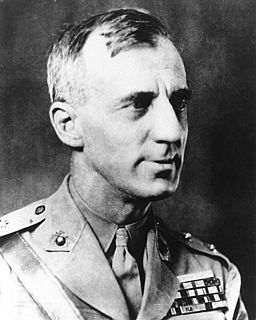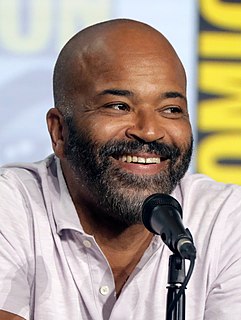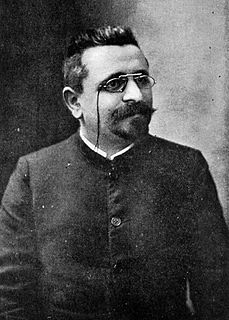A Quote by Sylvester Stallone
When crossing someone's borders you have to be prepared to engage in a war that is far more brutal than if it were to take place on neutral territory.
Related Quotes
After 9/11 we were prepared to use military force. We were prepared to go after not only the terrorists, but those who sponsor terror and provide sanctuary and safe harbor for them. We were prepared to use our intelligence assets the way we would against an enemy that threatened the United States itself, to put in place, for example, things like the Terror Surveillance Program and to have a robust interrogation program on detainees. Those are the acts you take when you feel you're at war and that the very existence of the nation is threatened.
All these wars, all these territories. For example, Macedonia is a disputed territory, and there are people directly to the west of Bulgaria who are in Serbia now because of where they lived when the borders were drawn but who are Bulgarian. It makes the Balkans an insanely interesting place to explore.
Women tend to be more interested in reconciliation. A Kenyan woman leader said to me, "You know, in a war, men and women want different things. The men care a lot about territory. And they care where the borders are. And they want this whole state. The women," she said, "they want a safe place." And she put her fingers like this, "They want a safe place for their children to go to school without being shot, for their daughters to not be raped."




































